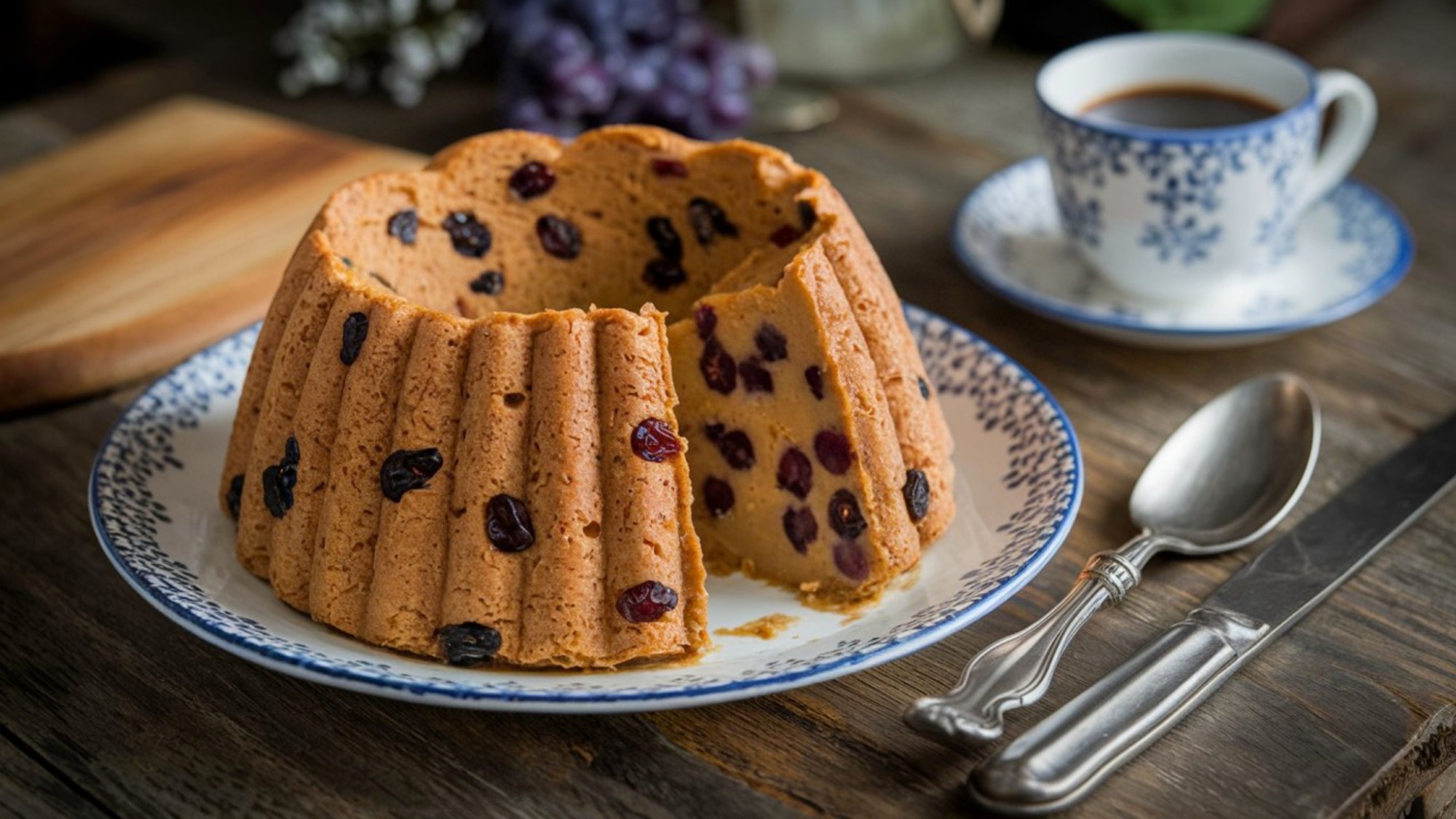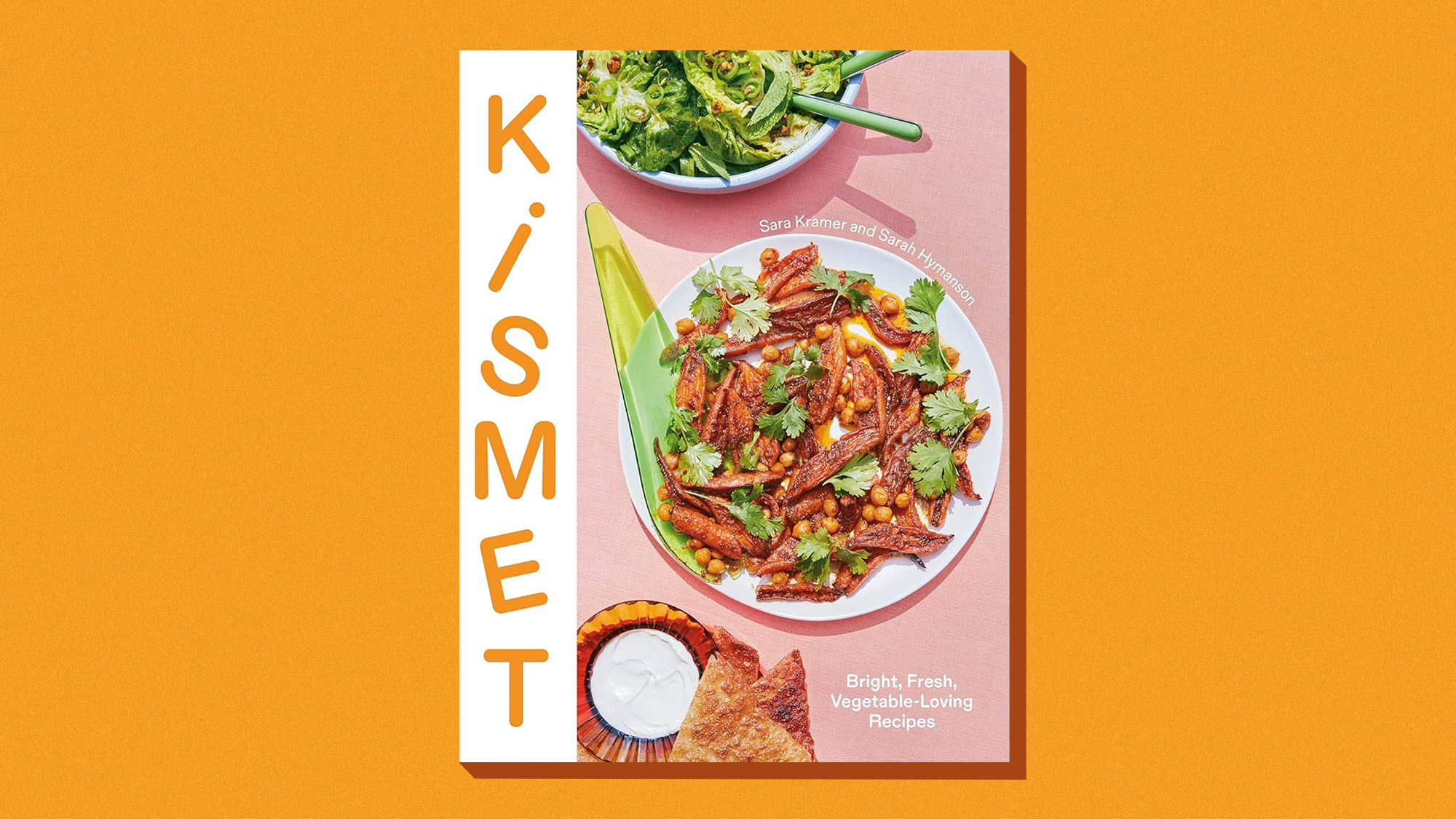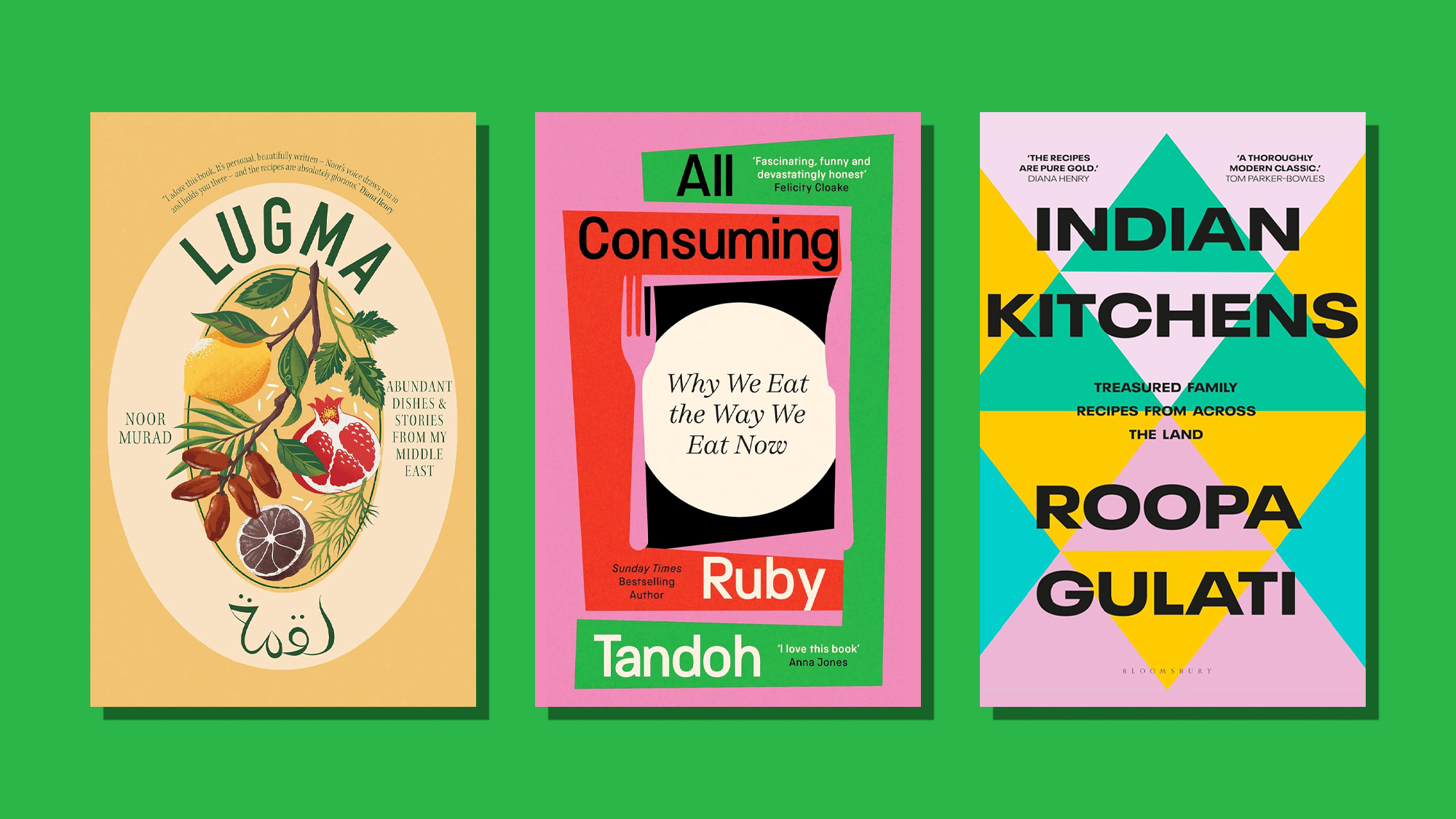Dessert disaster: is the great British pudding dying out?
Traditional home-cooked afters are being replaced by ice cream and fresh fruit

A free daily email with the biggest news stories of the day – and the best features from TheWeek.com
You are now subscribed
Your newsletter sign-up was successful
English Heritage has "sounded the alarm", said The Guardian. The "good old British pudding" is "facing extinction". If nothing is done to "stem the tide", the traditional homemade pud simply won't exist in 50 years' time.
'Shift in family dynamics'
Only 2% of British households have a home-cooked pudding, such as apple pie or fruit crumble, every day, according to research carried out for English Heritage. While half of those born before 1970 said their parents made puddings several times a week, that was true for only 26% of those born in the 1970s. And the downward spiral has continued ever since, with more than a quarter of 18 to 24-year-olds saying their parents have never made them a hot pudding.
The decline in pudding popularity coincided with more women entering the workforce, causing "a shift in family dynamics", said the historic-buildings charity. Homemade puddings are now replaced by "easy" cold desserts: fresh fruit is the most widely consumed option, closely followed by ice cream.
The Week
Escape your echo chamber. Get the facts behind the news, plus analysis from multiple perspectives.

Sign up for The Week's Free Newsletters
From our morning news briefing to a weekly Good News Newsletter, get the best of The Week delivered directly to your inbox.
From our morning news briefing to a weekly Good News Newsletter, get the best of The Week delivered directly to your inbox.
Interestingly, few people named these easier options as their favourite afters choice – and a good third of those surveyed said classic hot desserts, like crumbles and steamed puddings, were actually their favourite.
'Mater's apple crumble'
"Troubled" by the pudding plummet, English Heritage is coming to the rescue with a baking book "full of classic recipes", said The Times. It includes many puds that have "become lost to time", such as soul cakes and cabinet pudding. The charity is also incorporating traditional-pudding flavours into the ice creams sold at its cafes, to try to whet the appetite of the young for old-fashioned puds.
"I fear that it might be too little, too late," said Alexander Larman in The Spectator. If you whisper the names of some puddings to "an Englishman of a certain age", you can bring back "near-Proustian reveries about their childhood". But younger people are "more interested in WhatsApping artfully lit naked pictures of themselves to potential paramours or fighting strangers on X" than tasting the "delights of mater's apple crumble".
The "original purpose" of many puddings was to "provide as many calories as possible, as cheaply as possible", said The Telegraph, but that purpose has been "overtaken by fast food". The "sturdier" puddings "belong to a less sedentary era" and they "might lie heavy on the insides" of modern people who are "not in the habit of running up the ratlines".
A free daily email with the biggest news stories of the day – and the best features from TheWeek.com
But I think "desserts might be the UK's best cultural pillar" said Amy Glover on HuffPost UK. British puddings show that "cheap, effortless, chuck-together-and-go dishes can be extraordinarily delicious if done well". A crumble has "no real laws and demands little effort", bread-and-butter pudding "costs pennies" and "relies on leftovers" and, "for the love of Nigella", you can make fudge in a microwave, "so, I beseech you – do!"
Chas Newkey-Burden has been part of The Week Digital team for more than a decade and a journalist for 25 years, starting out on the irreverent football weekly 90 Minutes, before moving to lifestyle magazines Loaded and Attitude. He was a columnist for The Big Issue and landed a world exclusive with David Beckham that became the weekly magazine’s bestselling issue. He now writes regularly for The Guardian, The Telegraph, The Independent, Metro, FourFourTwo and the i new site. He is also the author of a number of non-fiction books.
-
 Local elections 2026: where are they and who is expected to win?
Local elections 2026: where are they and who is expected to win?The Explainer Labour is braced for heavy losses and U-turn on postponing some council elections hasn’t helped the party’s prospects
-
 6 of the world’s most accessible destinations
6 of the world’s most accessible destinationsThe Week Recommends Experience all of Berlin, Singapore and Sydney
-
 How the FCC’s ‘equal time’ rule works
How the FCC’s ‘equal time’ rule worksIn the Spotlight The law is at the heart of the Colbert-CBS conflict
-
 The year’s ‘it’ vegetable is a versatile, economical wonder
The year’s ‘it’ vegetable is a versatile, economical wonderthe week recommends How to think about thinking about cabbage
-
 In Okinawa, experience the more tranquil side of Japan
In Okinawa, experience the more tranquil side of JapanThe Week Recommends Find serenity on land and in the sea
-
 One great cookbook: Sara Kramer and Sarah Hymanson’s ‘Kismet: Bright, Fresh, Vegetable-Loving Recipes’
One great cookbook: Sara Kramer and Sarah Hymanson’s ‘Kismet: Bright, Fresh, Vegetable-Loving Recipes’the week recommends The beauty and wonder of great ingredients and smart cooking
-
 Luke Larsson’s prawn and pomelo salad
Luke Larsson’s prawn and pomelo saladThe Week Recommends Pomelo-sweetened prawns meet spicy dressing and herbs in a sharp Thai salad
-
 Doreen Williams-James’ prickly pear juice recipe
Doreen Williams-James’ prickly pear juice recipeThe Week Recommends Jewel-toned, natural juice is a thirst-quenching treat
-
 The best food books of 2025
The best food books of 2025The Week Recommends From mouthwatering recipes to insightful essays, these colourful books will both inspire and entertain
-
 8 restaurants that are exactly what you need this winter
8 restaurants that are exactly what you need this winterThe Week Recommends Old standards and exciting newcomers alike
-
 Appetites now: 2025 in food trends
Appetites now: 2025 in food trendsFeature From dining alone to matcha mania to milk’s comeback